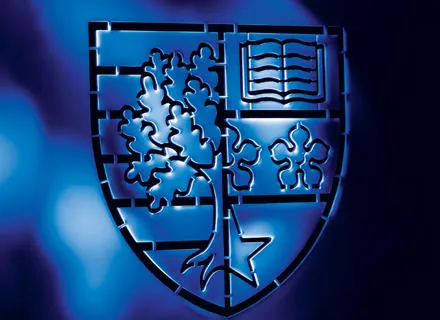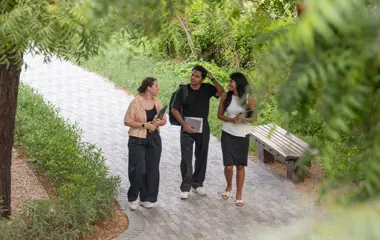Key information
- Funding
- Self-funded
- School
- Energy, Geoscience, Infrastructure and Society
- Location
- Edinburgh
- Delivery type
- Full-time, Part-time
- Supervisor
- Laurent Galbrun
- Start date
- September
Research in this theme aims to integrate engineering and perceptual approaches to the solution of acoustic problems in the built environment.
Studies have shown that engineering noise control solutions are not sufficient for dealing with today's acoustical challenges, as multiple factors affect sound and its perception. The research focus of the acoustics theme is therefore in line with the broader soundscape approach, which relies on both physical characteristics and mental perception of the aural environment. Soundscape research is multidisciplinary by nature, as it combines engineering and social science methodologies, in view of developing qualitative solutions aimed at improving quality of life and comfort. An example of research recently carried out is given by the acoustical and perceptual analysis of water generated sounds for road traffic noise masking.
Alongside soundscape research, we have expertise in sound transmission through buildings and, in particular, mathematical models which can predict the performance of entire buildings, as well as classroom acoustics and hospital noise research. Our main areas of interest include:
- Soundscapes of the Built Environment
- Environmental Noise
- Building Acoustics
- Room Acoustics
Facilities
The School of Energy, Geoscience, Infrastructure and Society has excellent facilities in acoustics. The specialised laboratories of the School include an anechoic and reverberant chamber, and horizontal and vertical sound transmission suites. This is supported by a wide range of equipment and instrumentation. A variety of test procedures can be carried out in our facilities, which are available for hire.
Additional information
Staff contributing to this research area include:
- Dr Laurent Galbrun
- Dr Sarah Payne
Project supervisor
Staff contributing to this research area include:
- Dr Laurent Galbrun
- Dr Sarah Payne

Entry requirements
Candidate criteria
We welcome applications from suitably qualified candidates. Please visit our How to apply page.
Funding information
| Status | Full Time | Part Time |
|---|---|---|
| Scotland | £5,151 | £2,575.5 |
| England / Wales / N Ireland | £5,151 | £2,575.5 |
| International | £20,456 | £10,228 |
- Status: Your residency status is usually defined as the country where you have been ordinarily resident for the three years before the start of your course.
- International: 'International' includes applicants from European Union countries who do not hold Pre-Settled or Settled status in UK. (This does not include students from the Republic of Ireland - see above).
Additional information
Fees for this course can be found on the tuition fees page.
Scholarships and bursaries
See our range of Scholarships
View detailsWhy Heriot-Watt
We're the top university in Scotland for graduate outcomes which means that more of our graduates are employed or in postgraduate education than any other institution in the country and we ranked 5th in the UK.
We're also rated number one in the UK for CEO or MD roles, meaning more of our graduates go on to become CEOs or MDs than any other university in the whole of the UK. On top of that, we have beautiful campuses, across the globe, so you'll get a truly international education. Our Edinburgh Campus is home to Oriam, Scotland's National Sports Performance Centre combined with plenty of wellbeing resources, prioritising fitness and mental health for all students. Our Global Research Institutes look at solving real world issues such as climate change and saving our oceans as well as working on the next medical technological breakthrough and the future of AI and robots.
Related content
Explore facilities, & chat to staff and students


